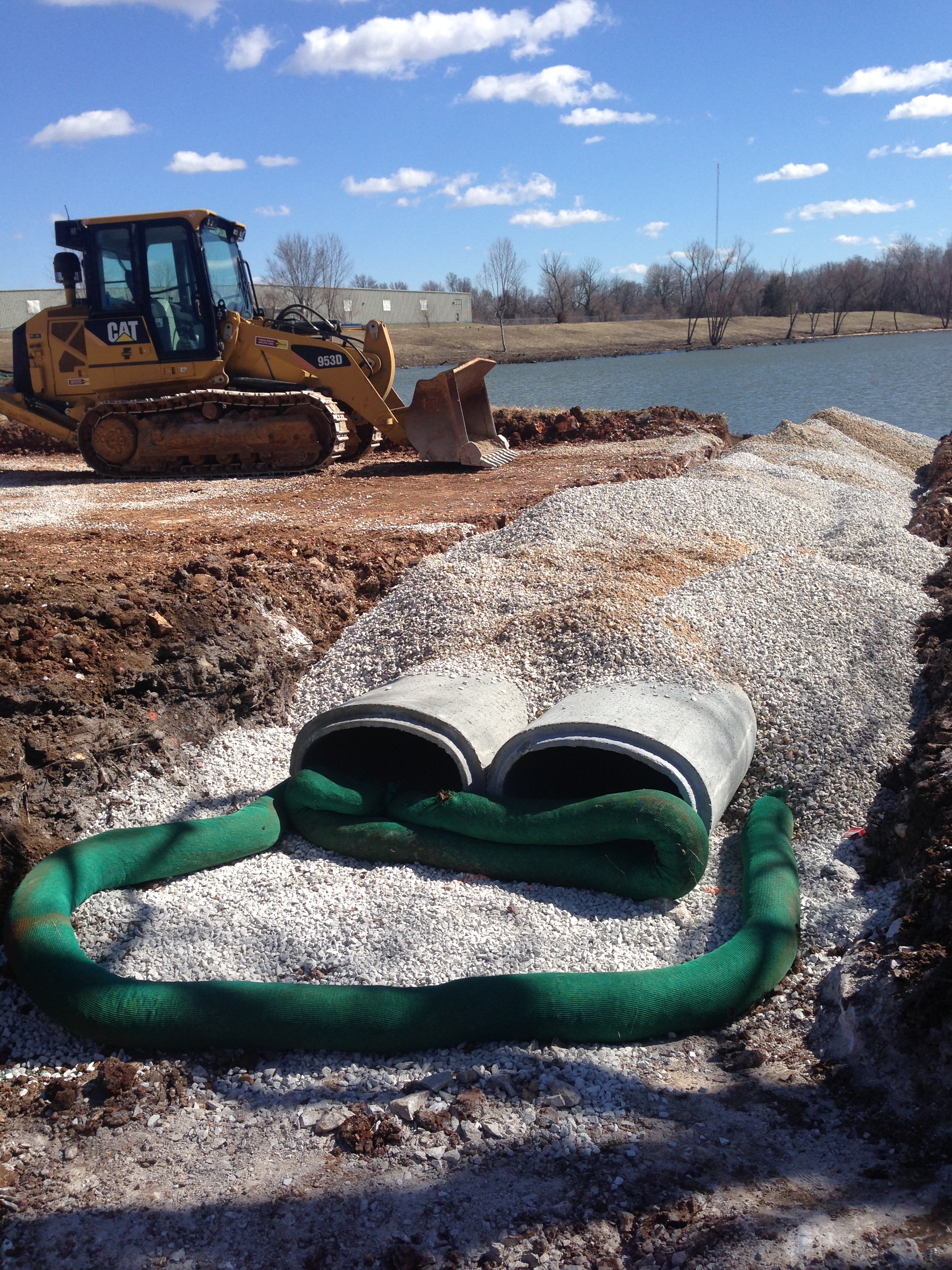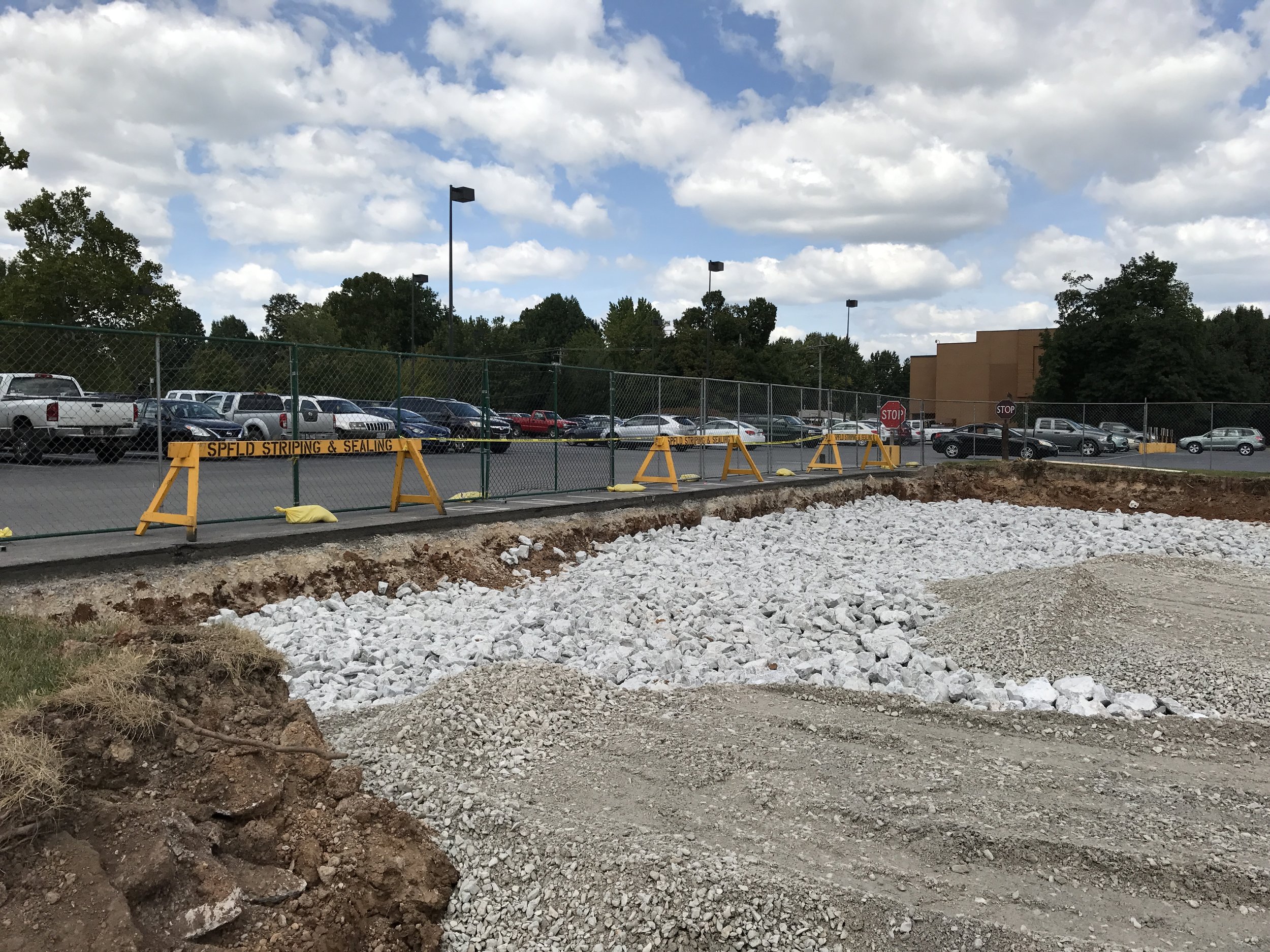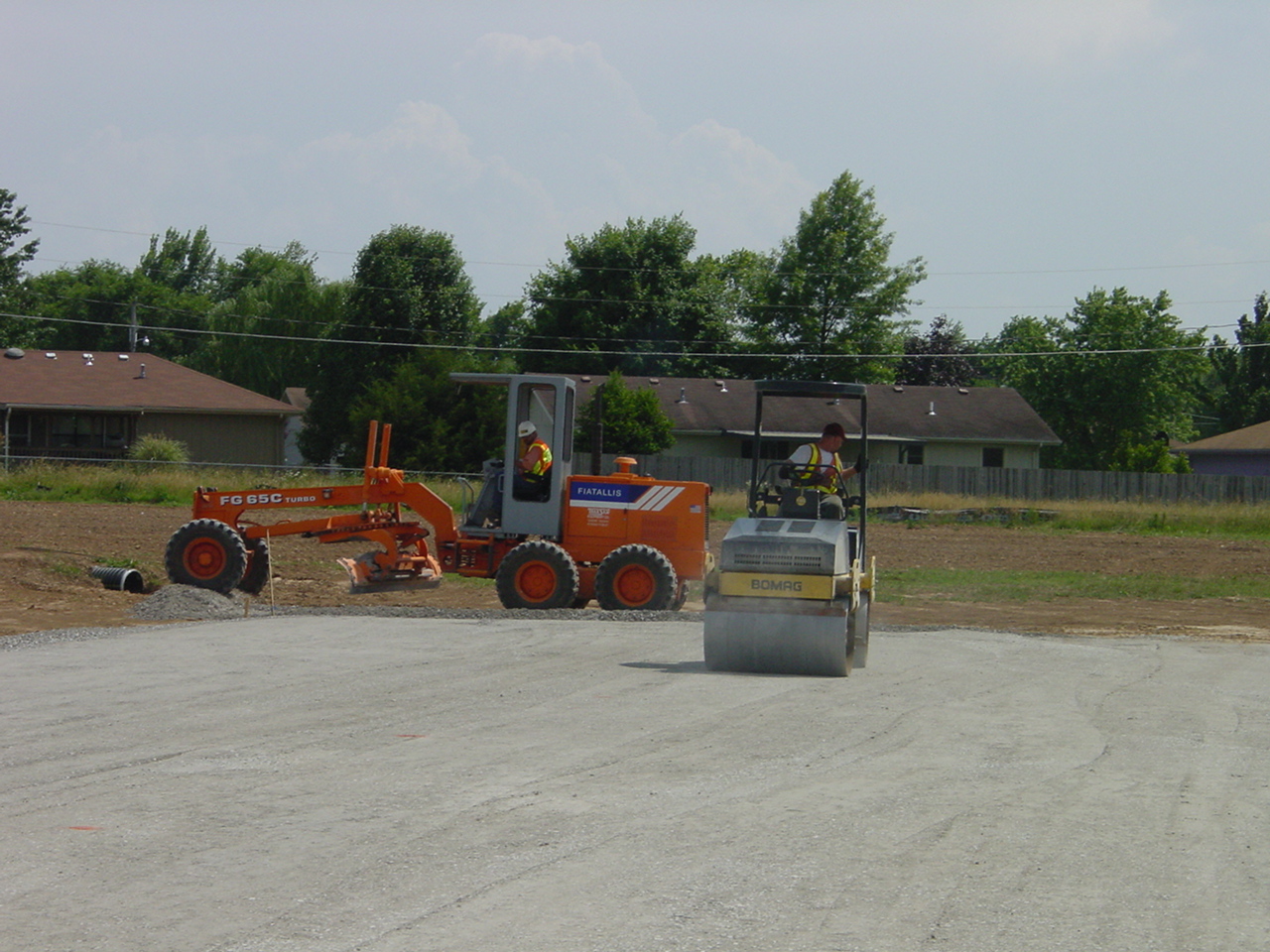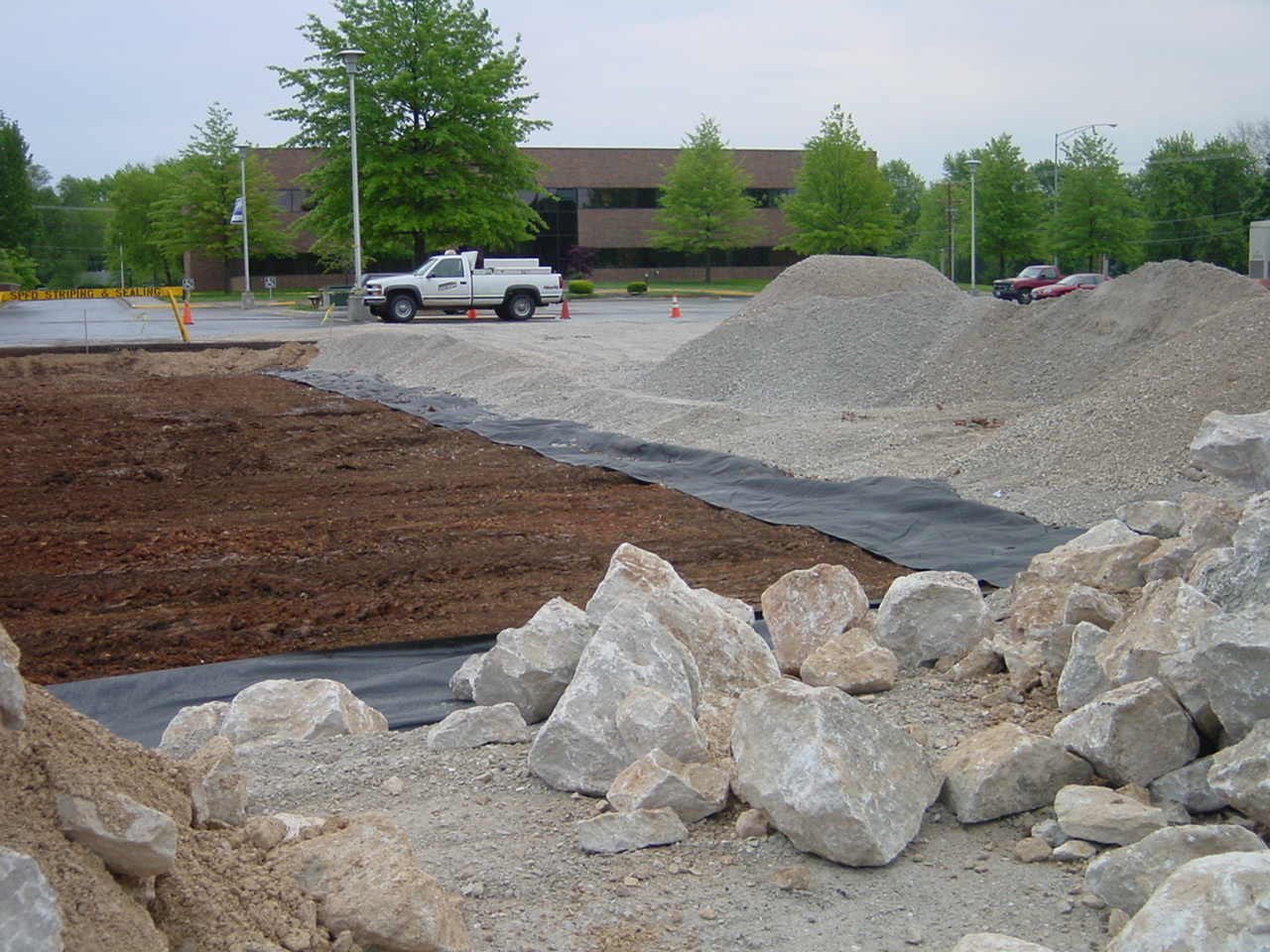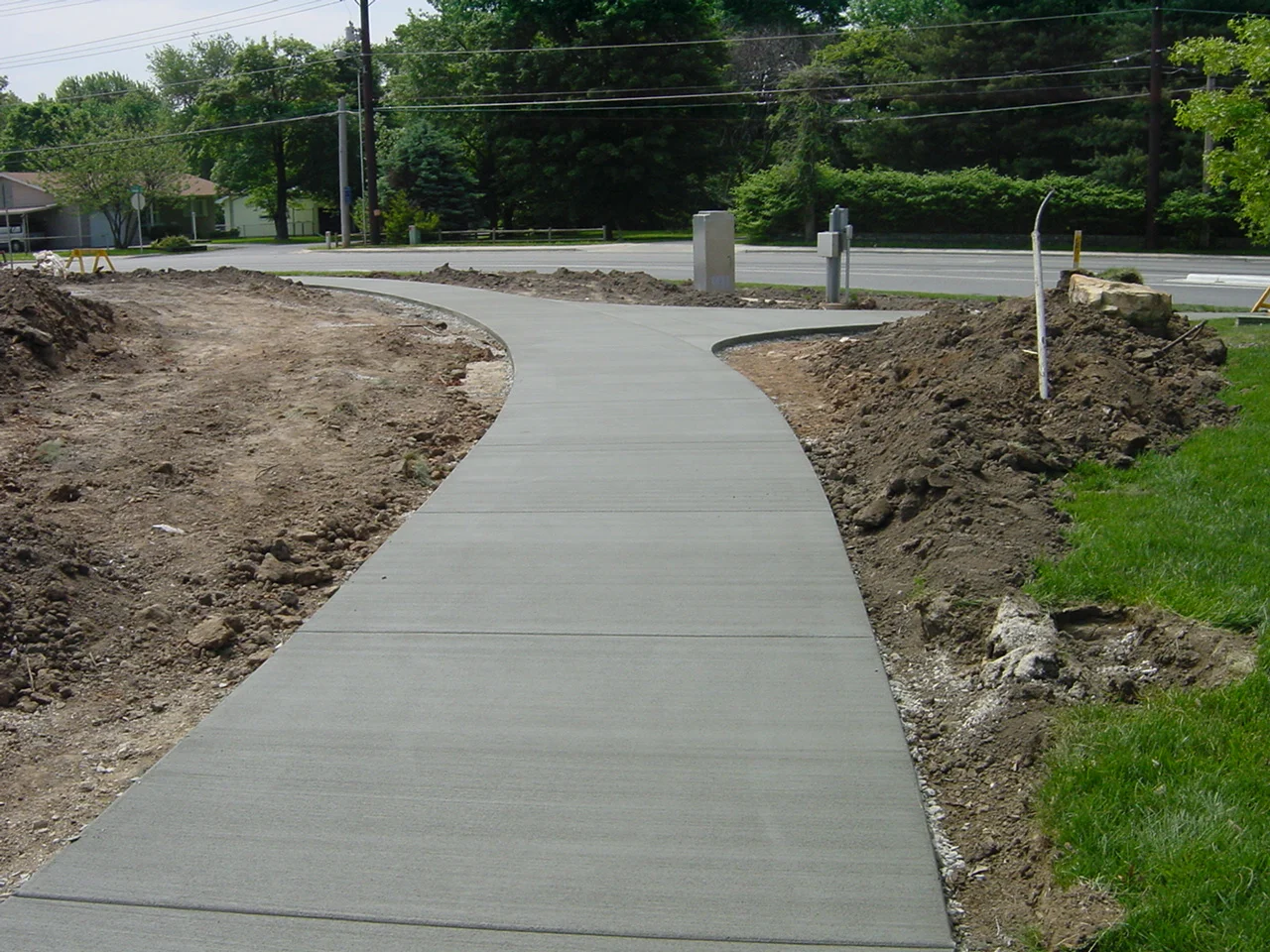Excavation & Grading
As a leading excavation contractor near Springfield, MO, Springfield Striping & Sealing offers comprehensive construction services to a variety of municipal and commercial clients. Our expertise in excavation services lays the foundation for projects that stand the test of time.
Our specialized services include precision excavation and site grading, essential for setting the stage for any successful construction project. We ensure that every site is meticulously prepared, graded, and ready for the next phase of development.
CONSTRUCTION SERVICES
Excavation & Site Grading:
Our team is highly skilled in site preparation, encompassing the critical stages of excavation and grading. We meticulously clear the site, removing unwanted structures and debris to create a blank slate. This is followed by precise excavation work to shape the land according to project specifications, ensuring that the foundation is set correctly for any infrastructure development. Our grading process guarantees a leveled surface with optimal slopes for effective drainage and stability. We employ state-of-the-art equipment and techniques to ensure high-quality compaction and surface preparation, setting the stage for successful construction projects in and around Springfield, MO.
Soil Stabilization
Our team uses cutting-edge techniques to reinforce and solidify the ground, ensuring a stable base for the infrastructure to come. This not only prepares the site but also minimizes future settlement and shifting, which are crucial for long-term durability.
Gravel installation
We provide a solid gravel layer for construction sites, roadways, and parking lots. Our gravel work is not just functional but also aesthetically pleasing, meeting the needs of our clients in or near Springfield, MO.
Pipe / Drain installation
Our proficiency extends to pipe and drain installation, a vital component of managing water flow and preventing erosion around construction sites. Whether it’s part of pavement maintenance or new construction, our experienced team ensures proper installation for effective drainage and longevity.
Frequently Asked Questions
-
During excavation, soil, rocks, and other materials are carefully removed to create a stable foundation for construction. The process typically includes:
Surveying: Assessing and mapping the land to plan the excavation accurately.
Digging and Clearing: Removing soil, rocks, and debris to reach the required depth and prepare the area.
Grading: Leveling and shaping the land to ensure proper drainage and stability.
Shaping: Contouring the site for specific construction needs, like roads, buildings, or pipelines.
-
Excavation and digging are related but not the same. Excavation is a more complex process that involves the strategic removal and relocation of soil and materials to meet specific construction requirements, often requiring heavy machinery and precise planning.
-
Excavation includes a range of activities such as site preparation, soil testing, clearing, trenching, grading, and creating a stable foundation for building. It also often involves compacting the soil to prevent settling.
-
Topsoil Excavation: Involves removing the surface layer of soil, typically to clear the land for construction.
Rock Excavation: Focuses on removing rocky layers or boulders that may interfere with building.
Earth Excavation: Involves removing soil below the topsoil to prepare for foundations or grading, essential for stable construction.
-
Type C soil, which is the least stable soil type, cannot be benched due to its high susceptibility to collapse. For safety, Type C soil typically requires shoring or shielding rather than benching.
-
The 6-foot rule requires that when workers are in an excavation site 6 feet or deeper, specific protective measures like guardrails, fall protection, or personal fall arrest systems must be used to prevent falls and ensure safety.
-
The 4-foot rule in excavation requires safe access and exit points (such as ladders or ramps) for any trench or excavation that is 4 feet or deeper. This rule ensures that workers can safely enter and exit the site.
-
The duration of excavation depends on the project size, soil type, weather, and site conditions. Small projects may take a few hours to a couple of days, while larger or more complex projects could take several weeks.

![IMG_4683[1].JPG](https://images.squarespace-cdn.com/content/v1/587d1b81e3df288ed1165b7f/1570740634526-NSU9H7YI18WNMVC6RR20/IMG_4683%5B1%5D.JPG)
